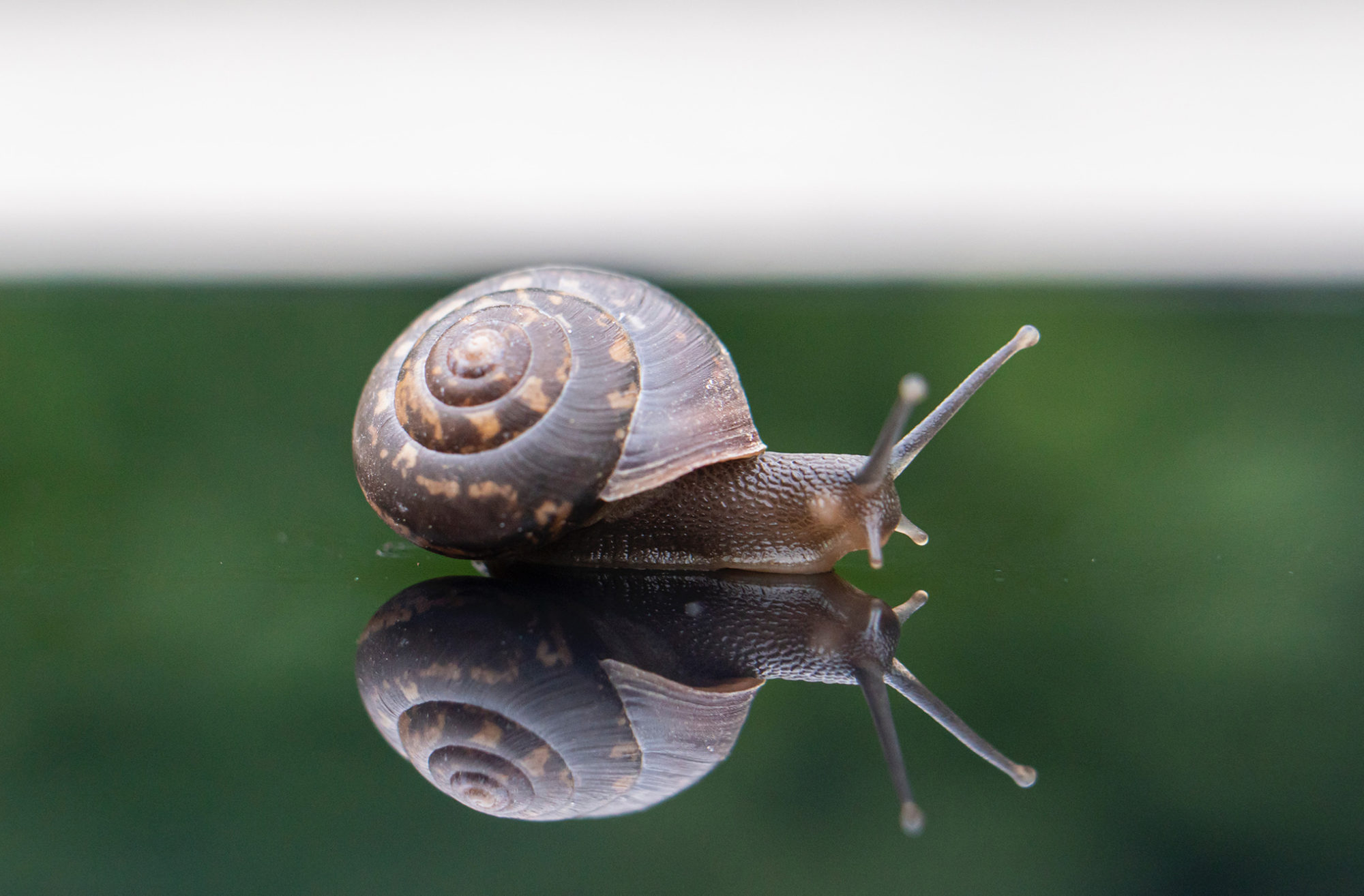“We are what we repeatedly do. Excellence, then, is not an act, but a habit.” –Aristotle (via Will Durant)
Perhaps you are setting some resolutions and or writing out your annual goals. Fortunately, there are a few science-based tactics that massively increase the odds that you’ll be able to achieve those goals this year.
The first is to reframe your goal from the desired outcome or achievement into a daily or weekly habit. For example, resolving to eat an apple every afternoon instead of a cookie can lead to more lasting weight loss over the long run than a goal to lose 10 pounds. Similarly, spending 10 minutes each weeknight before bed cleaning out a shelf or a drawer is a better approach than resolving to declutter your entire household. Sending one networking email every morning before you leave for work will be more effective than resolving to “network more.” Our outcomes are often lagging measures of our habits: What we do repeatedly adds up. Our habits lead to our achievements.
Look at your list of what you’d like to accomplish in 2021. Perhaps you set a resolution to run a half marathon. An achievement like that will require a running habit – daily exercise. Or maybe you’d like to write a book? You’ll need to get into the habit of writing. When I’m working on a book, I set up a daily habit of writing 250 words first thing in the morning. For reference, what you’ve already read in this post before this sentence is 250 words – not much! But do that five days a week, and you’ll have enough written for a book in ten months! You, too, can write a book before the pandemic is over if you get into a daily writing habit.
The idea is to get in a habit of doing a new behavior – one that will lead you straight to your goal – every day (or nearly every day) so that it becomes automatic. Once something is a habit, no willpower is required!
So: What types of activities or behaviors will lead to the achievement you seek? Make a list. You can use the “Annual Goals + Habits” worksheet in this free planner to brainstorm. If you have a choice between activities, choose the one that you like the best, or that you want to do the most. What activity or behavior will you look forward to? What feels fun? What seems easy? What could actually count as play, or even a leisure activity?
If your smaller behaviors seem too fun or too easy to ever accomplish something big like writing a book or running a long road race, you are on the right track! Habitual behaviors that automatically help you achieve your goals make better self-improvement initiatives than shooting for an ambitious outcome.
For more information about getting into good habits, download my free step-by-step guide “How to Set a Resolution that Sticks.”

